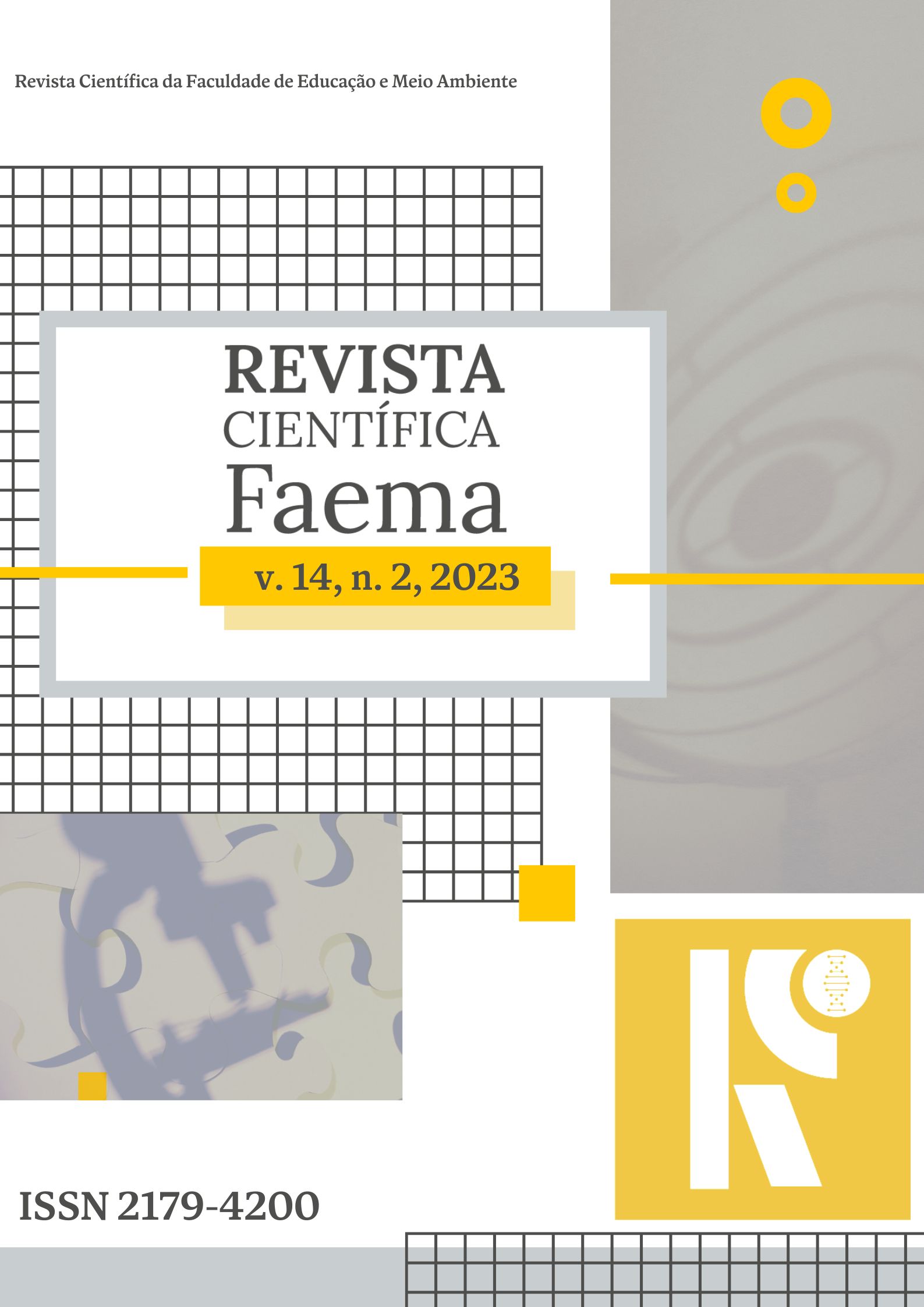THE ECONOMIC VALUE OF HUMAN LIFE: A BIAS OF LIBERAL ECONOMIC POLICY
Conteúdo do artigo principal
Resumo
Life, having infinite value, must be saved at any cost. For this, "social isolation" was created so that lives are preserved. The problem question is to know what are the assumptions that support political choices and decisions? The study here is based on a descriptive theoretical study, rescuing the concept of value to be used as a management and decision-making tool in the elaboration of actions, strategies and public policies in health, and, more specifically, in the “economic valuation” of health. The analysis made use of quantitative data using the standard cost-effectiveness formula, the study sought to show that the equation could be improved by changing its ratio (benefits in the numerator and cost or effort in the denominator). It is concluded that the issue of the value of life and the economic value of life cannot be autocratically imposed either by the State or by those who consider themselves experts in the subject. However, the potential for adding value to life is the issue that needs to be considered. Finally, the study emphasizes the need to seek empirical validation with the different decision makers involved in the health sectors that would be used to quantify, in an absolute or relative way, the variables benefit and effort to value life.


